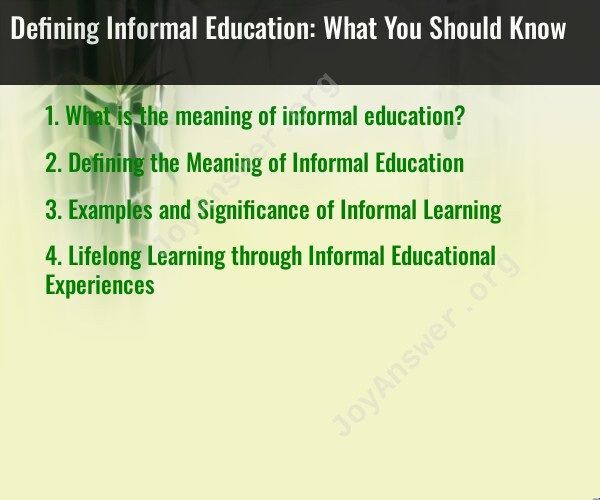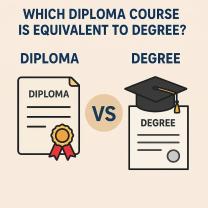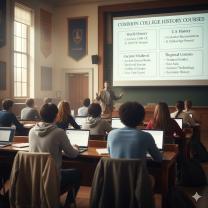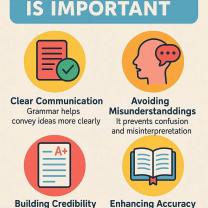What is the meaning of informal education?
Informal education refers to learning that occurs outside of a structured, formal educational setting like a school or a college. It is a lifelong process in which individuals acquire knowledge, skills, values, and attitudes through daily life experiences, interactions, and self-directed activities. Informal education is often spontaneous, unstructured, and personalized to the individual's needs and interests. Here are key aspects of informal education:
Everyday Learning: Informal education takes place in everyday life, whether it's at home, in the workplace, or within the community. It includes activities such as reading books for pleasure, having conversations, observing the world, and solving problems encountered in daily life.
Unplanned and Unstructured: Unlike formal education, which follows a predetermined curriculum and structure, informal education is often spontaneous and unstructured. It allows individuals to explore topics and areas of interest in a more flexible manner.
Self-Directed: Informal learning is largely self-directed, with individuals taking responsibility for their own learning. They choose what they want to learn, how they want to learn it, and when to engage in learning activities.
Social Interaction: Informal education frequently involves social interaction with family members, friends, colleagues, mentors, and peers. Conversations, debates, and shared experiences contribute to the learning process.
Diverse Learning Resources: Informal education draws on a wide range of resources, including books, websites, videos, museums, libraries, workshops, and hands-on experiences. These resources are often chosen based on personal interests and goals.
Lifelong Learning: Informal education is not limited to a specific age or stage of life. It is a lifelong process, and individuals continue to learn informally throughout their lives, adapting to changing circumstances and interests.
Practical Knowledge: Informal education often emphasizes practical, real-world knowledge and skills that can be immediately applied to everyday situations. This can include problem-solving, communication, and various life skills.
Cultural and Moral Values: Informal education is not limited to academic knowledge. It also plays a crucial role in transmitting cultural values, norms, and ethics from one generation to the next.
Examples of informal education include learning to cook through family recipes, acquiring financial literacy through personal budgeting, gaining gardening skills through trial and error, and developing technological proficiency through online tutorials. Informal education complements formal education and plays an essential role in personal and professional development.
It's worth noting that many educational theorists recognize the importance of informal learning and advocate for strategies to harness its potential, even in formal educational settings. Informal education can foster a love of learning, self-motivation, and critical thinking, making it a valuable component of a well-rounded education.
Defining the Meaning of Informal Education
Informal education is any learning that takes place outside of a formal educational setting. It can be intentional or unintentional, and it can occur at any age. Informal education can take many forms, such as:
- Learning from parents, family, and friends
- Learning through hobbies and interests
- Learning through work experiences
- Learning through travel and cultural immersion
- Learning through volunteering and community engagement
Informal education is often unplanned and spontaneous. It can happen as we go through our daily lives and interact with the world around us.
Examples and Significance of Informal Learning
Here are some examples of informal learning:
- A child learns to ride a bike from their parent.
- A student learns about different cultures by traveling to other countries.
- A person learns to cook by watching cooking shows or reading cookbooks.
- An adult learns to code by taking an online course or joining a coding bootcamp.
- A senior citizen learns about the latest technology by attending a class at a local community center.
Informal learning is significant because it plays an important role in our lives. It can help us to:
- Develop new skills and knowledge
- Expand our horizons and learn about new cultures
- Connect with others and build relationships
- Improve our quality of life
Lifelong Learning through Informal Educational Experiences
Lifelong learning is the process of continuing to learn throughout our lives. Informal education can play a major role in lifelong learning.
Here are some tips for lifelong learning through informal educational experiences:
- Be curious and open to new learning experiences.
- Take advantage of learning opportunities that come your way.
- Seek out new challenges and experiences.
- Connect with others who are interested in learning.
- Reflect on your learning experiences and apply what you learn to your life.
Informal education is a valuable resource for lifelong learning. It can help us to stay engaged, curious, and adaptable in a changing world.













